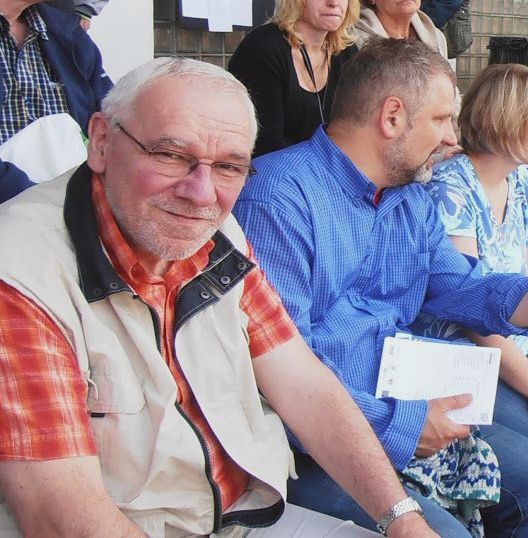The next event with the Friends of “Together for Europe” is going to be held in Prague, the land of the Hussites, the Prague Spring and the Velvet Revolution. The vast history of the Czech people will serve as the backdrop for the conversation among participants. It is a troubled history, marked by grand idealistic and spiritual re-awakenings and by a search for truth and justice that often ended in disappointment. Thus was the case of the three examples just mentioned: the Hussite Movement that began after the death of the priest Jan Hus, who was burned at the stake in 1415 and considered a martyr for the truth by his followers. Unfortunately, the wars that followed didn’t deal in truth, but in the lust for power and they completely devastated the country. Likewise, many centuries later, in 1968, the main actors in the Prague Spring, with the enthusiastic support of the whole country, wanted to install a Socialist regime with a human face, free of all the lies and cruelty of the recent past. Unfortunately, this hope was crushed under the wheels of armed tanks and ended in general resignation. Then came the Velvet Revolution in 1989, which many still remember. It was brought forward by its main protagonist, Vaclav Havel: “Love and the truth must win over the lies and the hate.” But no one expected the hard battle that followed: the spiritual values that were so strongly felt during the mass demonstrations in the public squares slowly dwindled as they were substituted with the pragmatism of the “technology of power.” The President of the Republic’s banner bears the words: “The Truth Wins.” However, two words were removed from the original version of that slogan: “The Truth of God Wins.” We’re sure that his truth will win before the end of the story.

Jiři Kratochvil
The Czech Republic is a very secularised country. The majority of the population doesn’t want to identify with a Church. Yet, surprisingly, the number of declared atheists is falling. Among the people, the young and the intellectuals, there is a very strong sense of spiritual and cultural values. It was demonstrated by the warmth with which
Pope Benedict XVI was welcomed to Prague. Secularized laity can be found everywhere in Europe with their different characteristics and features. The Czech Republic could become a laboratory of dialogue.
Thinking of Europe’s future, what further challenges are there for reaching unity? It is said that every nation – and it’s also true for continents – lives of the ideas from which it was born. We only need to remember where
Europe came from: Jerusalem (Faith), Athens (Reason) and Rome (Law). Europe’s cultural, spiritual and material wealth and greatness grew from this foundation. Today we find ourselves facing a migration of peoples similar to that of the early Middle Ages. The greatest challenge consists in being able to live with the “otherness” of the new arrivals. We must not delude ourselves: Europe as we know it will sooner or later disappear, also because of the falling birth rate. We Christians should be the “creative minority,” we should return to the roots of our tradition and to all the values that were born from that tradition. Upon this spiritual basis, with the help of God’s grace, we can search for a new unity in the new Europe.
Jiři Kratochvil was born in 1953, graduated in Economics in Prague, and worked in the finance sector of various state administrations. Following the fall of Communism, he helped rebuild Caritas. He has lived in Canada, Italy and Germany, besides Czech Republic and Slovak Republic. He currently works in Prague as a translator for the Czech Bishops Conference. Source:
Together4europe





0 Comments